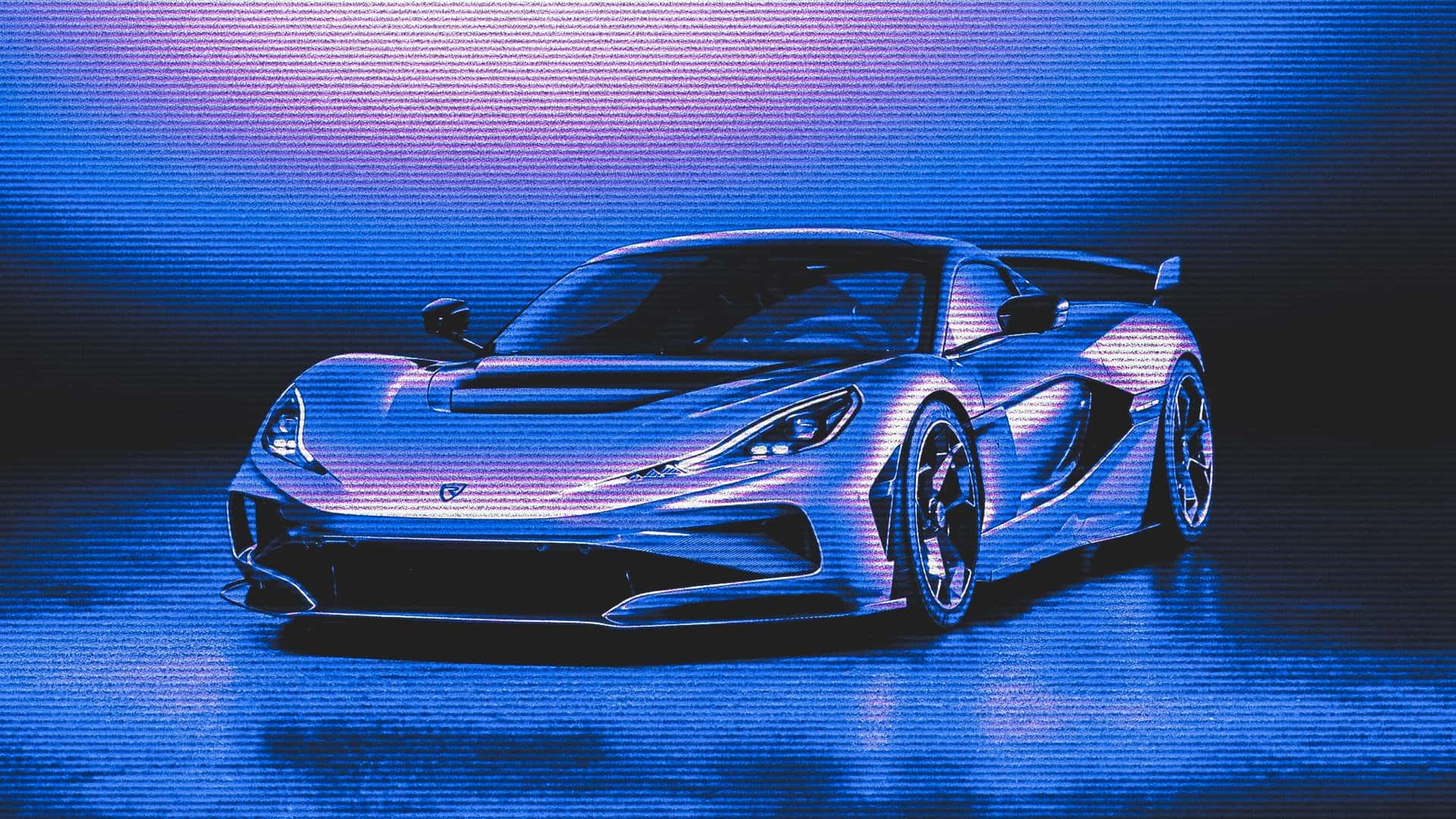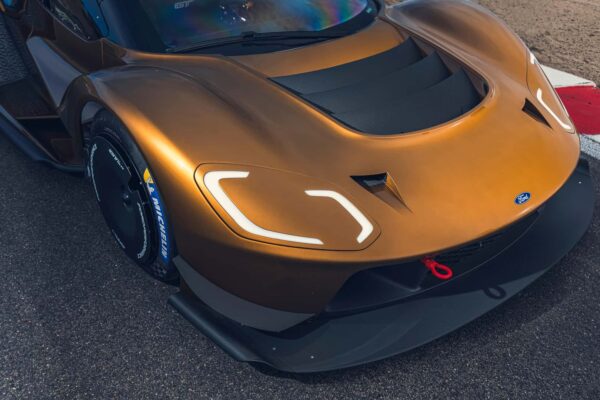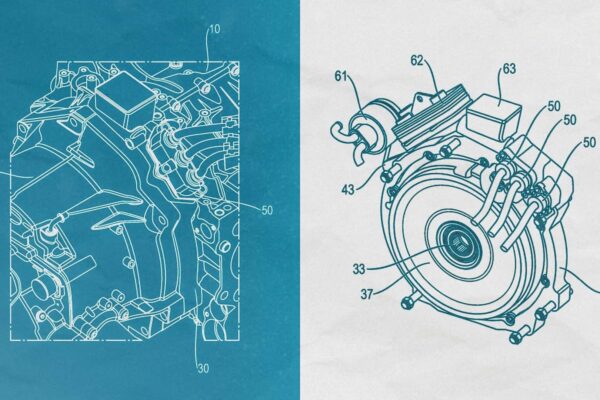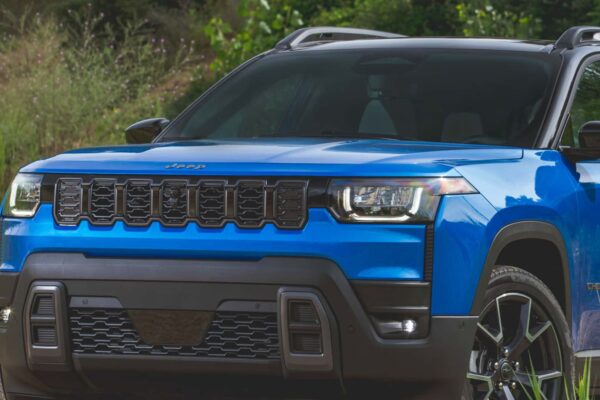Overage electric cars suffer from a problem – the problem of Hyundai Ioniq 5 N. When the non -communicable energy levels and performance are now available to a simple part of the price in the local Hyundai, it asks the question: Why does anyone buy an electric supercar in the first place?
Sophisticated buyers want something special, something that others cannot get. But the rise of democracy has set up one of the most desirable features in super cars: power.
If the auto manufacturer wants to launch a new electric supercar, it should be at least fast like Hyundai family hatchback. In a world in which one of the electric doors can reach 60 miles per hour in 3.4 seconds for $ 68,000, an additional $ 150,000 spends an additional half -second, really faster, worth all this effort?
Maybe not.
For combustion engines, the added cost is still worth at least. Paywall car manufacturers, energy and performance behind cylinders and forced incitement, allowing them to impose fees on consumers obscene money for additional performance.
But EV PowerTrains Steamroll on this action plan.
The only thing that may tempt some supercar buyers is a long -range battery. But even this will be a short -term desire to disappear with the growth of infrastructure, charging and progress in battery technology. These two things are not controlled by car manufacturers directly in a world in which every building with electricity is a possible charging station.
Yes, many EVS have performance restrictions, as car manufacturers limit higher speeds or battery protection programs. But these limits can easily increase with technology progress. It is likely that any of the Evs breakthroughs are slower, more expensive or not to largely travel – on the contrary.
Photo by: rimac
The emergence of one electricity has set up one of the most desirable features of the supercar: power.
Soon after, every car will have the ability to be fast, which is something executive managers and car executives know.
Tony Roma, Corvette President, admitted that he was in an interview with him recently. Roma says that Corvette will need to be “involved” in new ways because 0-60 times are “meaningless” standards when it comes to electric cars.
It is not the only one. The founder of Rimac Mate Rimac told us last year that the company is having difficulty selling Hyperra Hypercar. Koenigsegg and Pagani chanted similar feelings, saying that their customers simply do not want an excessive battery car.
From logical. Electric cars lack the character that determines what we love a lot about combustion-scent, sound, and feeling-which makes each model unique. It feeds the passion that many of us have for these machines. But no one denies that these are just reminders of filling the transformer of the packed movement, marketing it and its personality because of our lizards.
As the battery technology is progressing, we may soon live in a world where the cost of the car is not determined by the amount of energy you want, but with the distance you want to travel. EVS is not just cars with batteries and electric motors; It represents a fundamental shift in what is possible for the price. For many consumers, this means that you are able to withstand the costs of the prevailing cars with high -energy levels, such as Ioniq 5 N.
This car makes 641 hp and starts just less than $ 70,000. If you do not need 221 miles of the range, Hyundai display a smaller battery, the company will unintentionally create a lighter, faster, cheaper, and better performance.
This is a value proposal that cannot sell high -end car makers (and high -end brands) for buyers who want to be different. Since cars adopt technology and programs, we are likely to be able to make any car, act, and look like another or embroidery through the digitization of cars.
In the end, if EVS wins, some super -car makers may not escape the transmission.



